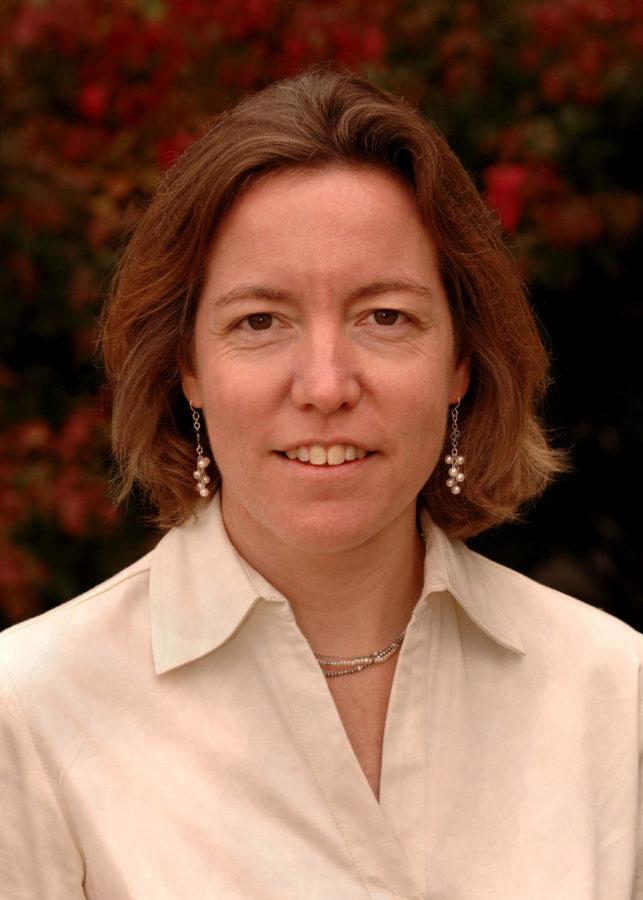ISU professor admitted into the National Academy of Sciences
By Matthew Rezab, [email protected]
Catherine Kling was elected into the National Academy of Sciences during this year’s election process last April. A distinguished professor of economics, Kling was nominated for her contemporary work in environmental human sciences.
July 14, 2015
An ISU professor joined ranks with some of our country’s most esteemed scientists.
Catherine Kling was elected into the National Academy of Sciences during this year’s election process last April. A distinguished professor of economics, Kling was nominated for her contemporary work in environmental human sciences. Among numerous other contributions to the scientific community, Kling has invested more than a decade of her time to the Center for Agricultural and Rural Development.
One of 84 members elected this year, Kling is the first woman at Iowa State to be elected into the National Academy of Sciences and the first professor since Donald Duvick in 2002.
As the director of the center, Kling works with staff to organize economic-based agricultural research and translate their findings in ways the public and policy makers can understand.
The Iowa Lakes Valuation Project, a branch of the Center for Agricultural and Rural Development, focuses on the correlation between the water quality of Iowa’s lakes and citizens’ use of the lakes. This ongoing program, funded by the Environmental Protection Agency and the State Department of Natural Resources, has performed four surveys during the past decade to determine how highly Iowans value water quality, as well as to identify areas in need of improvement.
In addition to accumulating information about Iowa’s lakes to be published in high-level economic journals, the project also generates data to be used by graduate students working to earn their Ph.D. Through participation in analyzing the collected data, students are able to work toward earning their degrees while contributing to the larger project.
Information gathered through this project is in turn used to inform the state about the ideal use of the conservation dollars at hand.
This multifaceted approach succeeds in collecting information, contributing to academia and advising local policymakers.
“I’m really pleased that it has been a project that has contributed in more than just one way,” Kling said.
As a mother of two, Kling attributes much of her trailblazing abilities to her husband’s willingness to adapt and take on non-traditional family roles. Kling feels she has benefitted and been challenged by her gender in the economics field.
“This has really been a great career choice, a great life. Iowa State has been very good to us and it has been, for me, really, really great,” she said.
Kling was quick to add, “Society and academics is still trying to figure this all out. We’re getting better, but there is a lot of room still for improvement.”
She urges prospective students not to shy away from economics.
“We need creative, young minds that don’t all think alike,” she said. “We need women, we need minorities and we need people from very different types of backgrounds. Scholarship needs that, so it’s a big encouragement for people to consider it.”

















